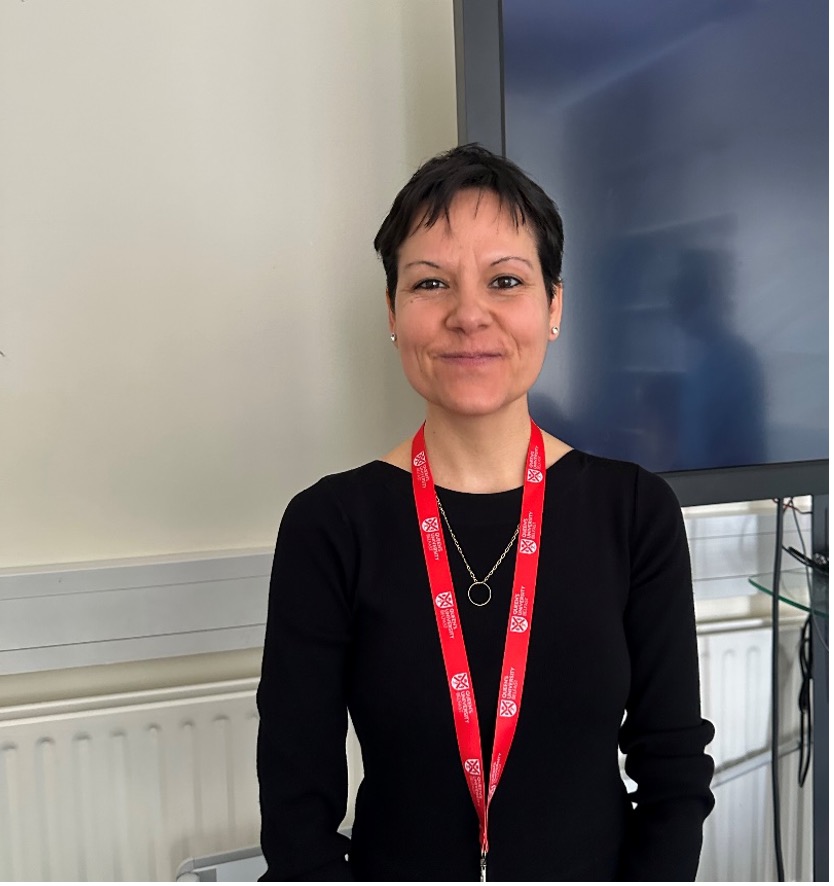This post is part of our Research Initiation Scheme for 2023-2024.

On Wednesday 17th of April 2024, Dr María D. Martos Pérez (UNED, Madrid-Bieses) delivered a seminar on the topic of “Travel Experiences and Illness in Early Modern Female Religious Communities”, based on her research into female religious pilgrimages from Spain during the 16th and 17th centuries. Her research for this seminar focused on recovering female authors. She considered themes of female authorship and the history of female participation in the production of literary works.
Dr Martos Pérez began the seminar by explaining how she used women’s writing about their travel experiences to further understand the Early Modern female experience. The majority of the texts she examined were written by nuns travelling from the Iberian Peninsula to establish new convents in Spanish colonies. Their writings took the form of biographies, autobiographies or letters. The aim of this research was to compare the nuns’ individual experiences, investigate what these texts emphasise about the travelling conditions, study descriptions of the illnesses that the nuns’ endured while travelling, and consider how their suffering was transmitted through discursive rhetoric in the texts. She noted that the majority of female written manuscripts were addressed to the members of their religious community for informative purposes, while male-written texts were more often used as propaganda.
Dr Martos Pérez outlined three main purposes of the travel narratives: they acted as points of reference for the other nuns, established the social role of religious women, and depicted a model for women’s writing. The manuscripts provide subjective accounts from the nuns, and give authority and legitimacy to their experiences, therefore legitimising women in public and scholarly roles.
Continue reading